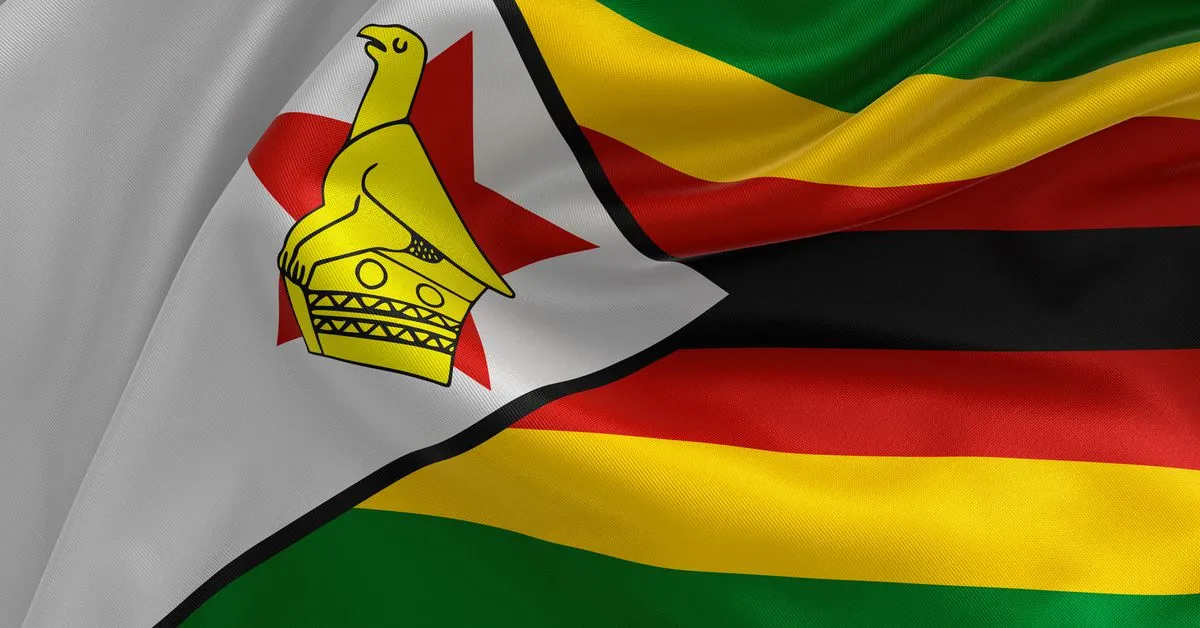Experts are skeptical that Zimbabwe’s gold-backed digital token will be able to stabilize the country’s local currency, as the Reserve Bank of Zimbabwe (RBZ) had hoped. “It’s not the panacea to the challenges it’s wrestling,” said Prosper Chitambara, senior research economist and policy advisor at Labour and Economic Development Research Institute of Zimbabwe (LEDRIZ).
The reason for this skepticism is that a digital token, without strong macroeconomic policies in place, cannot reduce the amount of money circulating in the economy. In Zimbabwe, people can now use both the new Zimbabwean dollar and the U.S. dollar. However, for most locals, the “Zim” dollar can be seen as a “hot potato”—once people get their hands on it, they want to immediately exchange it for the less volatile U.S. dollar.
Central bank officials in the country want the gold-backed digital currency to replace the need and demand for foreign currency. “What we have noticed is that demand for foreign currency, apart from being driven by the need to import goods and services in Zimbabwe, is also viewed as a store of value,” RBZ Governor John Mangudya said.
In a situation of hyperinflation, like the one Zimbabwe is in, people are always going to “look for a store of value, something that is going to protect their purchasing power,” said Varun Paul, central bank digital currency and market infrastructure director at institutional crypto custody platform Fireblocks.
The gold-backed digital token may have some short-term benefits as it may offer investors a way to diversify their portfolios and perhaps even act as a store of value. But the token’s slow uptake is already an indication that it’s powerless to tackle hyperinflation all by itself.
To truly help better the country’s local currency dilemma, Zimbabwe has to put sound policies in place, Chitambara and Paul said. “I don’t think there’s any substitution for really sound macroeconomic management,” Paul said.
The International Monetary Fund (IMF), which has held discussions with Zimbabwe about clearing its substantial debt with international financial institutions, is also uncertain about the effectiveness of the gold-backed digital token initiative. “IMF staff would require more details and information about the design, implementation, and operation of RBZ’s gold-backed digital token initiative, and safeguard policies to ascertain the efficacy of the proposed measure,” the IMF said.
As a solution to the country’s currency struggles, Chitambara said: “Don’t spend what you don’t have.”
